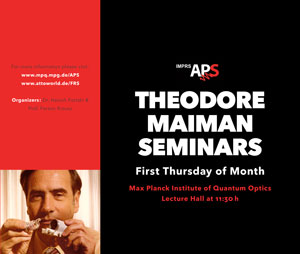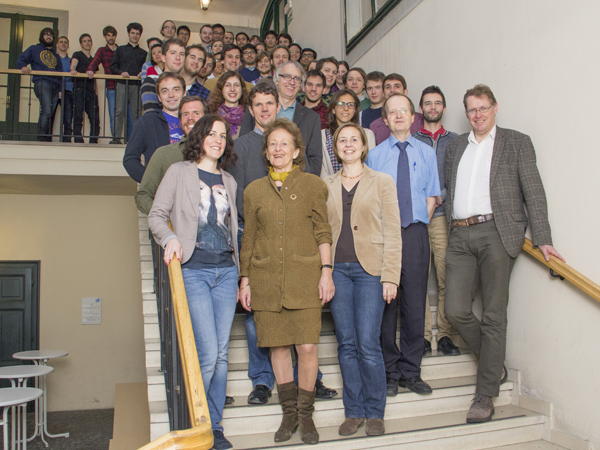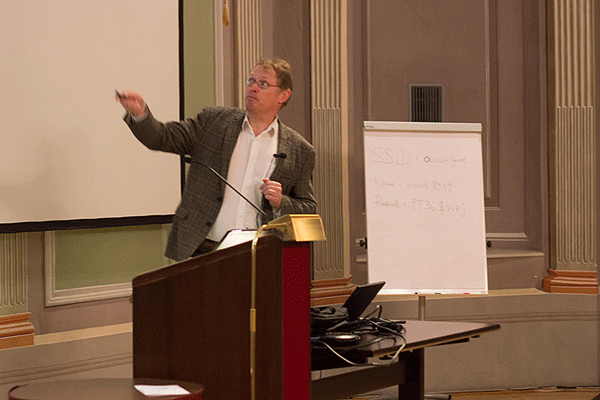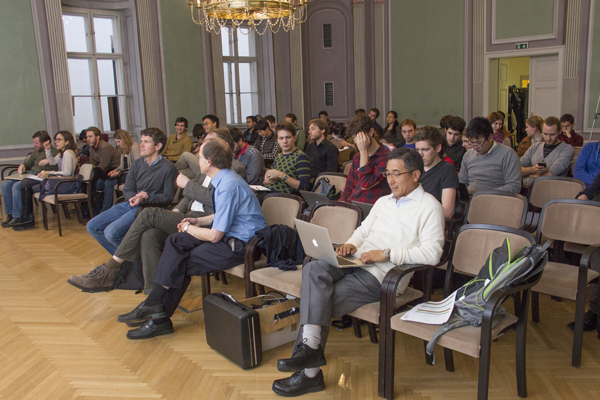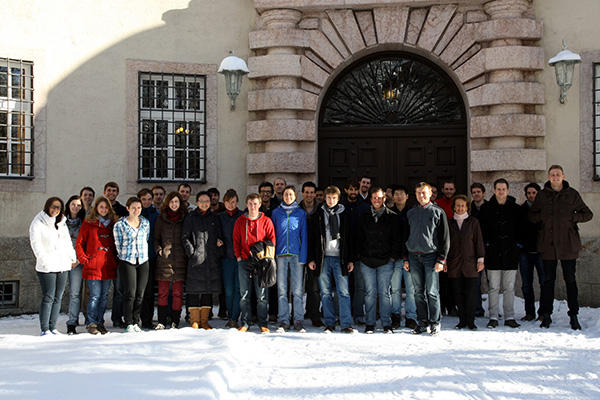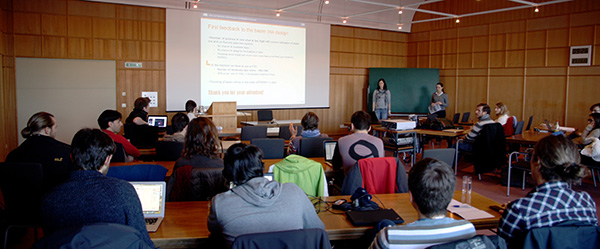Past Events
2023
Annual IMPRS-APS Meeting 2023
September 13th - 15th 2023, Vienna
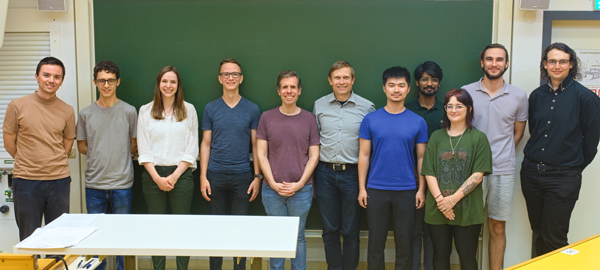
2022
Annual IMPRS-APS Meeting 2022
November 28 th - 30th 2022
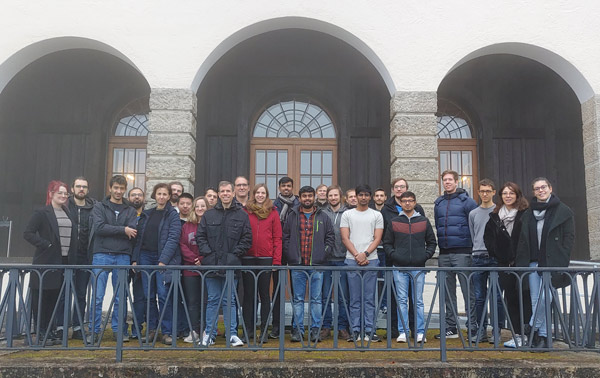
2021
IMPRS-APS Alumni Meeting 2021
March 5th 2021, 2:30pm – 7pm
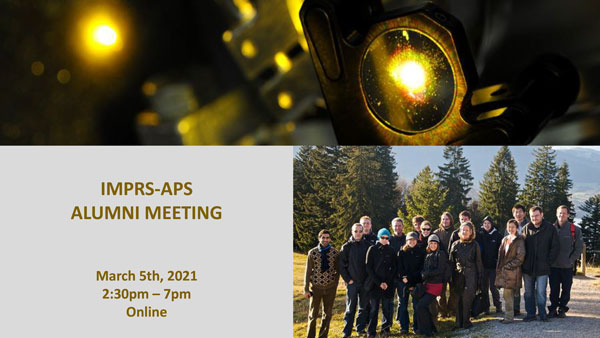
Theodor Maiman Seminars 2021
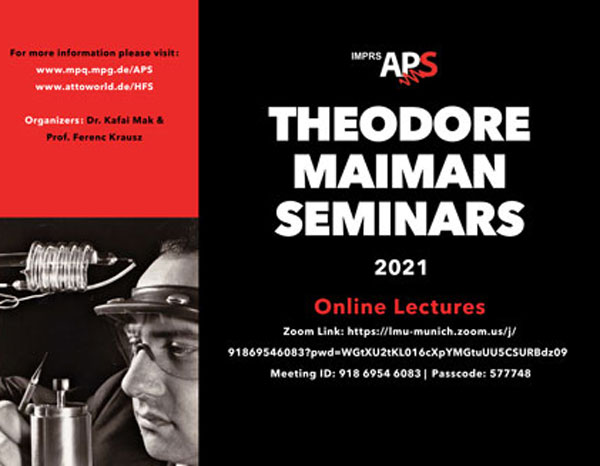
The Block Lectures
March 22nd – 26th 2021
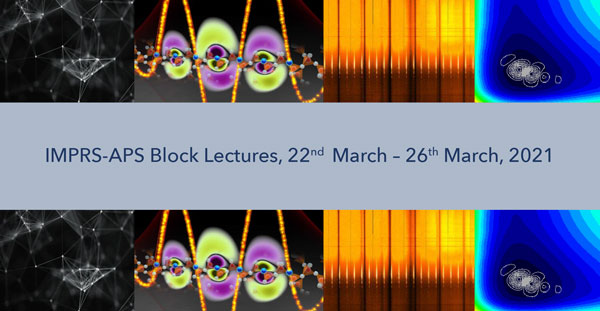
2020
Professional Skills Series
October - November 2020
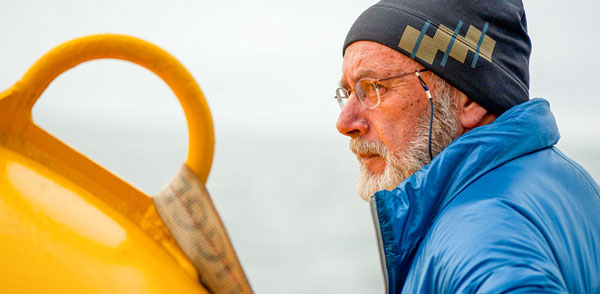
Annual IMPRS-APS Meeting 2020
November 11th-13th 2020
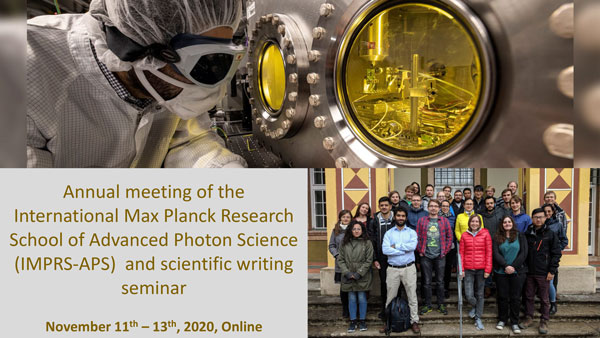
Theodor Maiman Seminars 2020
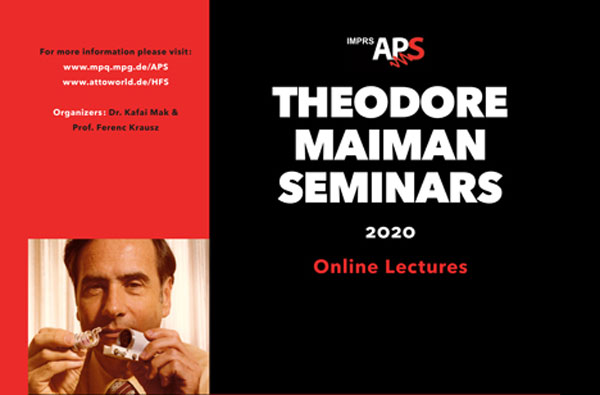
2019
Workshop "Nano- and Ultrafast Surface Sciences" 
13th - 15th September
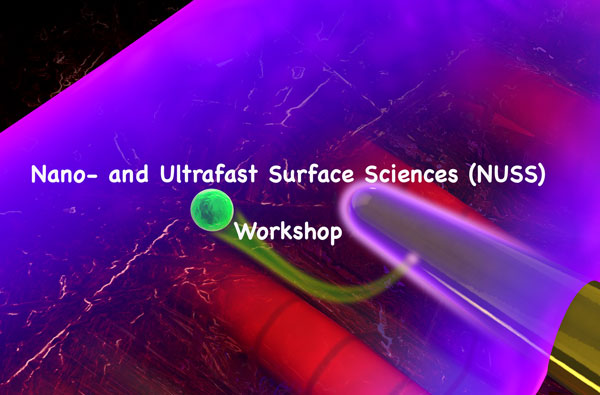
Annual Meeting IMPRS-APS 
13th - 15th May at Ringberg Castle
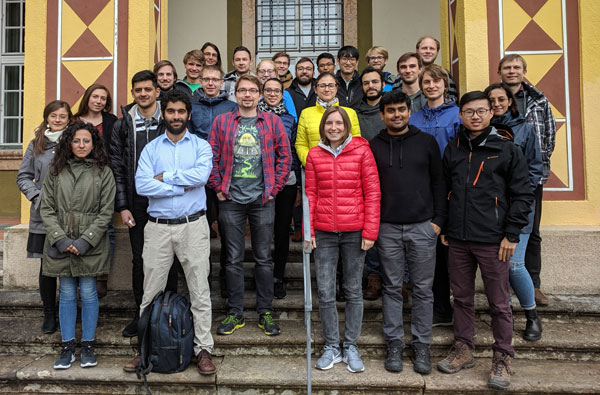
IMPRS-APS Block Lectures 2019
February 18th-21st, MPQ, Garching
The International Max Planck Research School of Advanced Photon Science (IMPRS-APS) held its ‘Block Lectures’ for the third time last week. From 18 – 21 February, IMPRS-APS postgraduates had the chance to attend classes by renowned scientists from the Max Planck Institute of Quantum Optics and abroad. The lecture series was inaugurated by Romeo Kienzler, chief data scientist at IBM Watson, with his keynote presentation on deep learning. On the remaining days, lecture topics ranged from attosecond to femtosecond and frequency comb spectroscopy. Between talks, students had the opportunity to engage directly with the lecturers during discussion sessions.
Speakers:Dr. Nicholas KarpowiczRomeo Kienzler (Deep learning - IBM) Prof. Martin Schultze Prof. Thomas Udem Prof. Regina de Vivie-Riedle Dr. Vladislav Yakovlev The Block Lectures program can be found here |
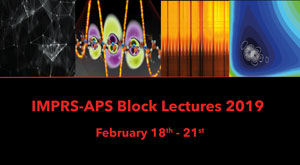
|
Here some impressions from the workshop:
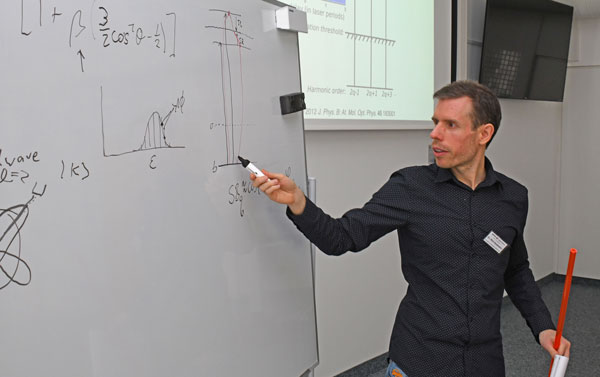
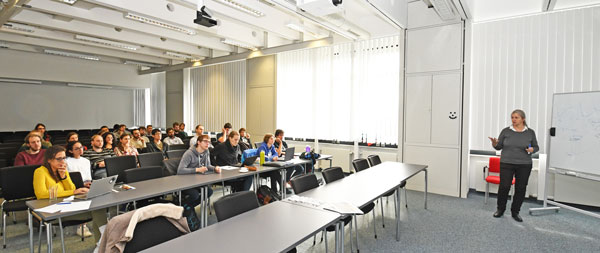
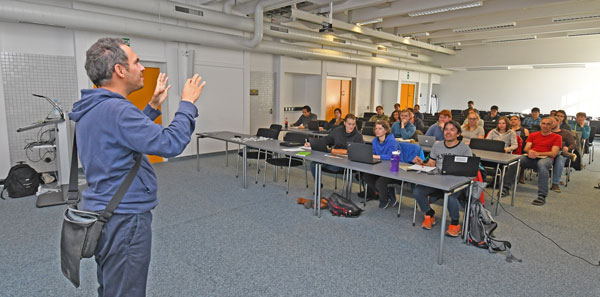
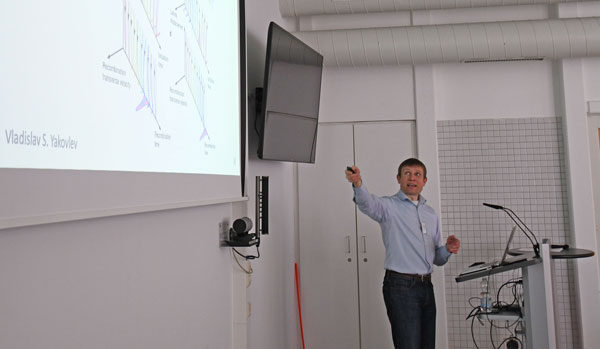
Theodor Maiman Seminars
Speakers:
7th February 2019 - Prof. Gerd Leuchs:"Light matter interaction at the level of one and no atom." (Abstract) 7th March 2019 - Prof. Birgitta Bernhardt: "Laser Spectroscopy with extreme Resolution." (Abstract) 4thApril 2019 - Prof. Bob Boyd: "Physics and applications of epsilon-near-zero materials" (Abstract) 2nd May, 2019 - Prof. Ulf Leonhardt: "Cosmology in the laboratory" (Abstract) 6th June, 2019 - Prof. Albert Stolow: "Nuclear-driven Electronic Coherences in Polyatomic Molecules" (Abstract) |
2018
"Label Free Spectro-Microscopy" Workshop
November 15th-16th, MPQ, Garching
|
Opening talk: Prof. Sunney Xie (Harvard University) Prof. Ji-Xin Cheng (Boston University) Prof. Dario Polli (Polytechnic Milan) Prof. Vahid Sandoghdar (MPL) Prof. Marcus Cicerone (NIST) The workshop program can be found here For more information please visit our web site: www.future-of-ultrashort-pulses.de |
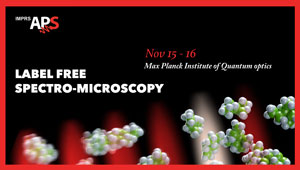
|
Theodor Maiman Seminars
|
4th October 2018 - Prof. Daniele Brida: "Sub-optical-cycle control of light and matter" (Abstract) 8th November 2018 - Prof. Peter Hommelhoff: "Ultrafast electron control: from the particle accelerator on a chip to attosecond charge transfer in a Schottky junction" (Abstract) 6th December 2018 - Prof. Immanuel Bloch: "Realizing Feynman’s Dream of a Quantum Simulator"(Abstract) |
Annual Meeting IMPRS-APS
28th- 30th May at Ringberg Castle
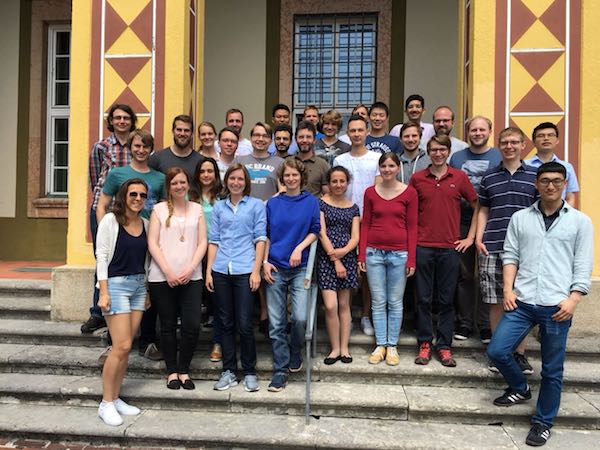
Ph.D. Career Day 
May 29th, 2018, Ringberg Castle
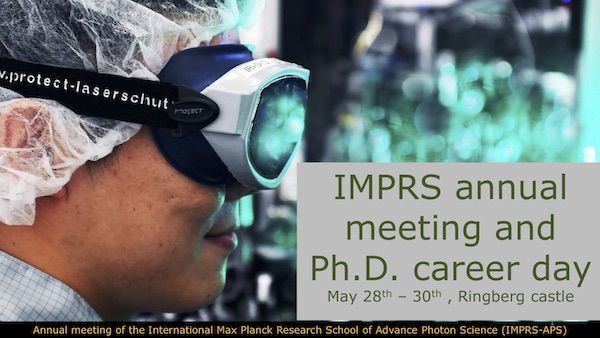
2017
Annual Meeting IMPRS-APS 
29th November - 1st December at Ringberg Castle
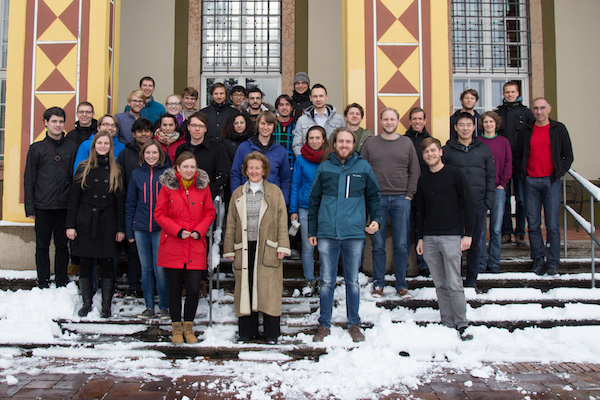
Alumni Meeting 
March 3rd, 2017, MPQ
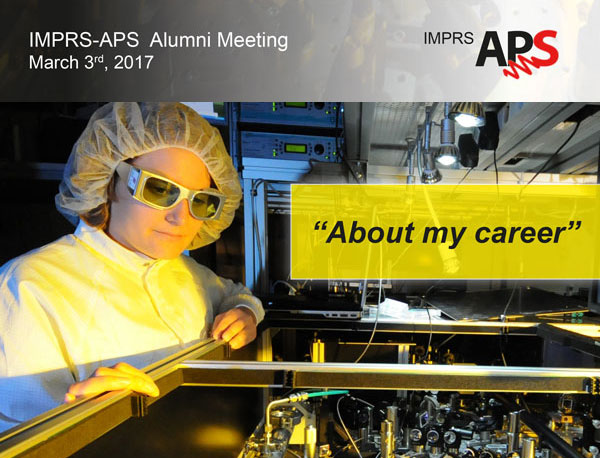
2016
Annual Meeting IMPRS-APS 
14 - 16 November at Ringberg Castle
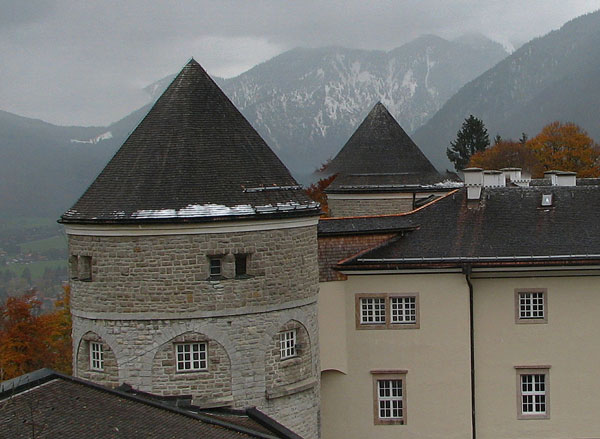
Symposium "The Science of Light"
Apr 24 - 26, 2016, MPL Erlangen
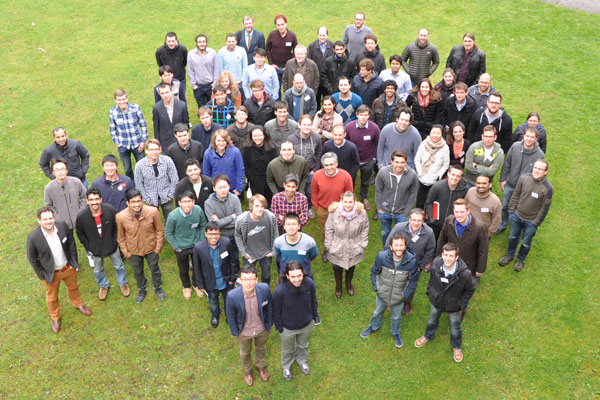
The International Max Planck Research School (IMPRS) symposium for the Science of Light is a joint initiative between the graduate schools (IMPRS-PL and IMPRS-APS) of the Max Planck Institute for the Science of Light (MPL) and the Max Planck Institute for Quantum Optics (MPQ). With this symposium, we plan to bring 100 students together with leading scientists from diverse physics communities, covering the topical range from technical and classical optics, imaging technologies, optical manipulation, nano photonics, non-linear optics, quantum communication, ultrashort pulses generation and more. The seminar will provide excellent opportunities for young researchers to get introduced to the current leading research in the above-mentioned areas. In addition, it will foster the discussion between guest speakers and attendees by providing joint social events each evening.
Symposium "Future of ultrashort pulses II"
September 16 - 17, 2016, Stirin, Czech Republic
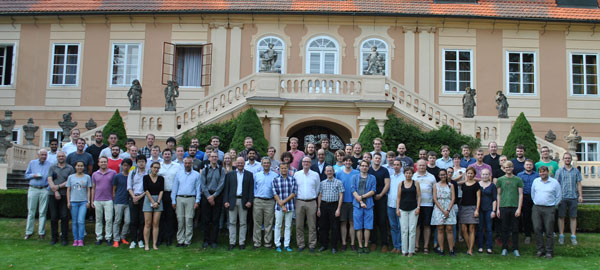
The availability of waveform-controlled, intense, few cycle laser fields has radically expanded the ability of scientists to peer into the dynamics of atoms and solids on few-femtosecond or even attosecond time scales. This research in the field of attosecond science has hinted at the potential for new discoveries that may be unlocked by new developments in laser science to confine more and more energy into smaller and smaller packages to be precisely delieved to the systems under study. Additionally, control over the exact evolution of the laser's electric and magnetic fields allows for unprecedented flexibility in the manipulation of the dynamics as they unfold. The question now is: where do we go from here? What can be done to continue the advancements in pulse generation that have made these advancements possible, and what kinds of developments are necessarily to realize the goals of the next generation of researchers in the field?
2015
Annual Meeting IMPRS-APS 
23 - 25 November at Ringberg Castle
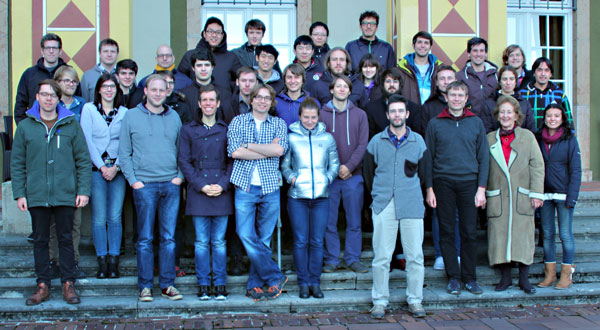
Symposium "Future of ultrashort pulses" 
September 18, 2015, MPQ
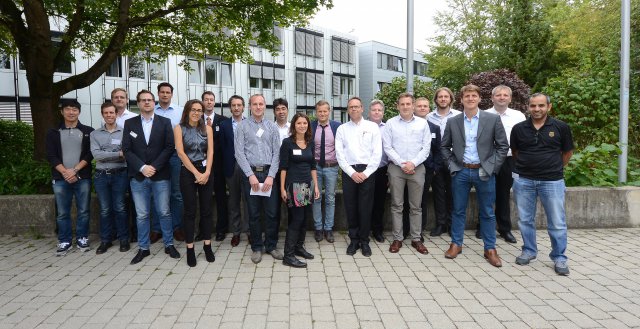
IMPRS-MAP Workshop “Ultrafast laser development and applications” 
26 - 31 July 2015, Wildbad Kreuth
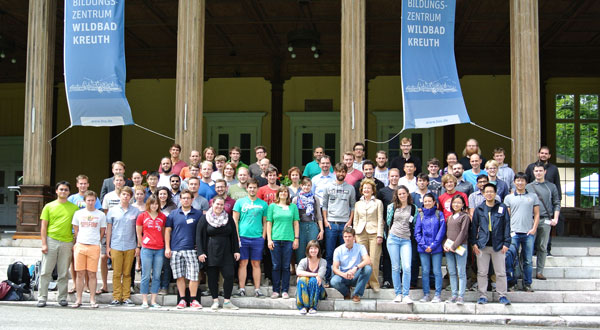
Joint IMPRS-MPC-AS workshop on "Attosecond Photonics" 
1 - 4 June 2015, Garching
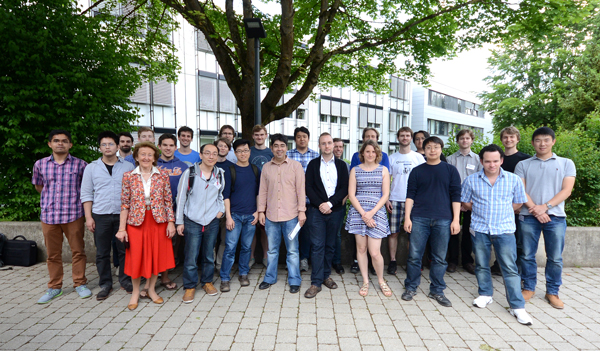
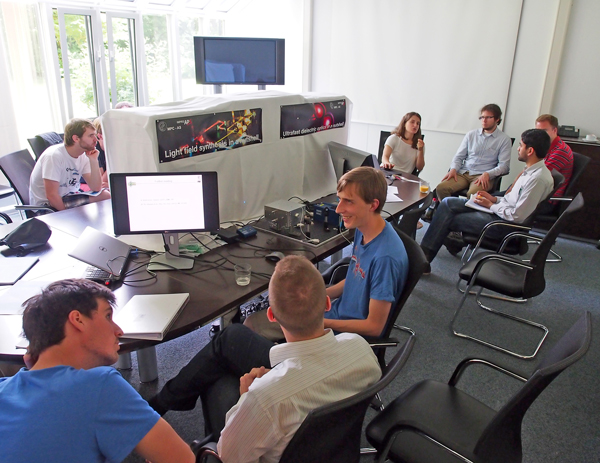
Selected Topics in Advanced Photonics
Block lecture, Feb 23- 27, MPQ
2014
2013
2012
2011
2010
Annual meeting 
15 - 16 December 2010
Nymphenburg Castle - Carl Friedrich von Siemens Stiftung
IMPRS Interdisciplinary Symposium 2010 
November 11-12, 2010
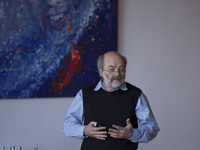
New Frontiers in Science
For 10 years now at the Administrative Headquarters of the Max Planck Society I have been overseeing the International Max Planck Research Schools eventprogrammme designed jointly by the MPS together with the German University Rectors Conference. Thus far, almost 60 Research Schools have been established: more than 2200 doctoral students are currently working on their doctorates at an IMPRS. The majority of the IMPRS are interdisciplinary, dealing on the one hand with very specific issues, while on the other hand addressing issues of a fundamental nature. The same may be said of the "New Frontiers in Science" symposium which is taking place for the 3rd time in the Munich area, organised by PhD students from Martinsried, Munich and Garching. Once again this year, the agenda for the symposium features some important scientific questions, both of future relevance and with a connection to the past, as well as with reference to the great role models of science: a wonderful opportunity for junior researchers to exchange ideas with successful senior scientists and even Nobel Prize winners!
President Gruss addressed the PhDNet of the MPS, saying: "Particularly in the natural sciences, teamwork is the secret to success…It is important to work in a congenial atmosphere; … creative centres are needed where a sufficient number of brilliant scientists can mingle and motivate one another." This symposium organised by doctoral students takes us precisely in this direction!
I wish the organisers of the symposium every success, and I hope that all those attending will enjoy many fruitful discussions and encounters!
Nicola von Hammerstein,
Central Coordinator of the International Max-Planck-Research Schools
at Max Planck Society Administrative Headquarters
IMPRS-MAP workshop 
Sunday, Aug. 1 through Friday, Aug. 6, 2010 in Wildbad Kreuth
The "International Max Planck Research School of Advanced Photon Science" (IMPRS APS) and the Cluster of Excellence "Munich-Centre for Advanced Photonics" (MAP) of the German Research Society offer a joint summer workshop for their PhD student members. Lectures will be given by world-class experts both from within MAP and IMPRS and from outside.
SILMI Symposium 
Max Planck Institute of Quantum Optics (MPQ) March 1-3, 2010
2009
Visit of the IMPRS of Advanced Photon Science 
December, 10th at the Max Planck Institute for Quantum Optics
Annual IMPRS-APS Meeting 
Ringberg castle 25-27 November 2009

Evaluation IMPRS-APS Thursday, November 12th 2009 
Herbert Walther Lecture Hall, MPQ

IMPRS Interdisciplinary Symposium 2009 
Herbert Walther Lecture Hall, MPQ

New Frontiers in Science
Interdisciplinarity promotes the overlap of professionals with largely different languages, backgrounds, training, and expertise to solve problems whose solution lies outside a single discipline. To ensure productive and stimulating interactions across disciplines it is essential that people meet, interact and learn the language and school of thinking of the "other" discipline.
The international Max Planck Research Schools (IMPRS) in Munich are organizing a two-day interdisciplinary symposium. The first day focuses on the relation between "Art and Science". The second day aims to present the state-of-the-art research in physics, chemistry, biotechnology and medicine, as well as the responsibility of scientists towards society and environment for a sustainable future.
Frauenchiemsee 2009
International Max Planck Research School of Advanced Photon Science (IMPRS-APS)
Annual LAP Meeting Frauenchiemsee 3 – 8 October 2009

Symposium Vienna University of Technology 2009 (Ultrafast laser-matter interactions)
Feb 21 - 27, 2009 at TU Vienna, Austria
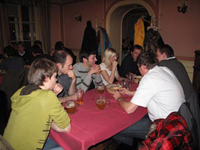
2008
Ringberg Castle 2008 (IMPRS-APS) 
Ringberg Castle 20 - 22 October 2008

Frauenchiemsee 2008 (IMPRS-APS) 
Annual Meeting MPQ-LMU Laboratory for Attosecond Physics (LAP) Frauenchiemsee, 6 - 10 October 2008

IMPRS Interdisciplinary Symposium 2008
Interdisciplinary Symposium in the great area of Munich & "New Frontiers in Science"
Seminar in Honor of Prof. Herbert Walther

"It is a pleasure for me that my Dr. Father and Teacher, Prof. Herbert Walther, is being honoured by the lectures series "New Frontiers in Science." He was an outstanding scientist and a very successful researcher. His students continue his work throughout the world. The symposium wants to foster communication, networking and scientific information exchange between representatives from different faculties and life areas. This is of great importance, due to the increasing interdisciplinary character of research. I wish all the participants not only success, but also enjoyment in the fascinating scientific knowledge that will be presented in the lectures series".
Wolfgang Ketterle
"The earliest bio-macromolecules on the young earth must have been self-replicative and enzymatically competent. In the modern world only RNA has these properties and is therefore believed to mark the origin of live. With the advent of DNA and proteins two players appeared during evolution which are much superior in one of these activities but incapable of the other. DNA is a perfect self-replicating molecule and proteins are excellent catalysts, respectively. Self-replication appears to be a relatively simple chemical process while catalysis is often extremely complex. It is not surprising therefore that biochemical research focuses on proteins with surprising discoveries made with any system and any time. I hope that proteins and their fascinating structures and properties will play an important role in the discussions during the Symposium of the stipends of the International Max-Planck Research Schools in Munich and catalyse the exchange of ideas of students from different disciplines. The input from fresh minds is essential here as in any other field of research".
Robert Huber

